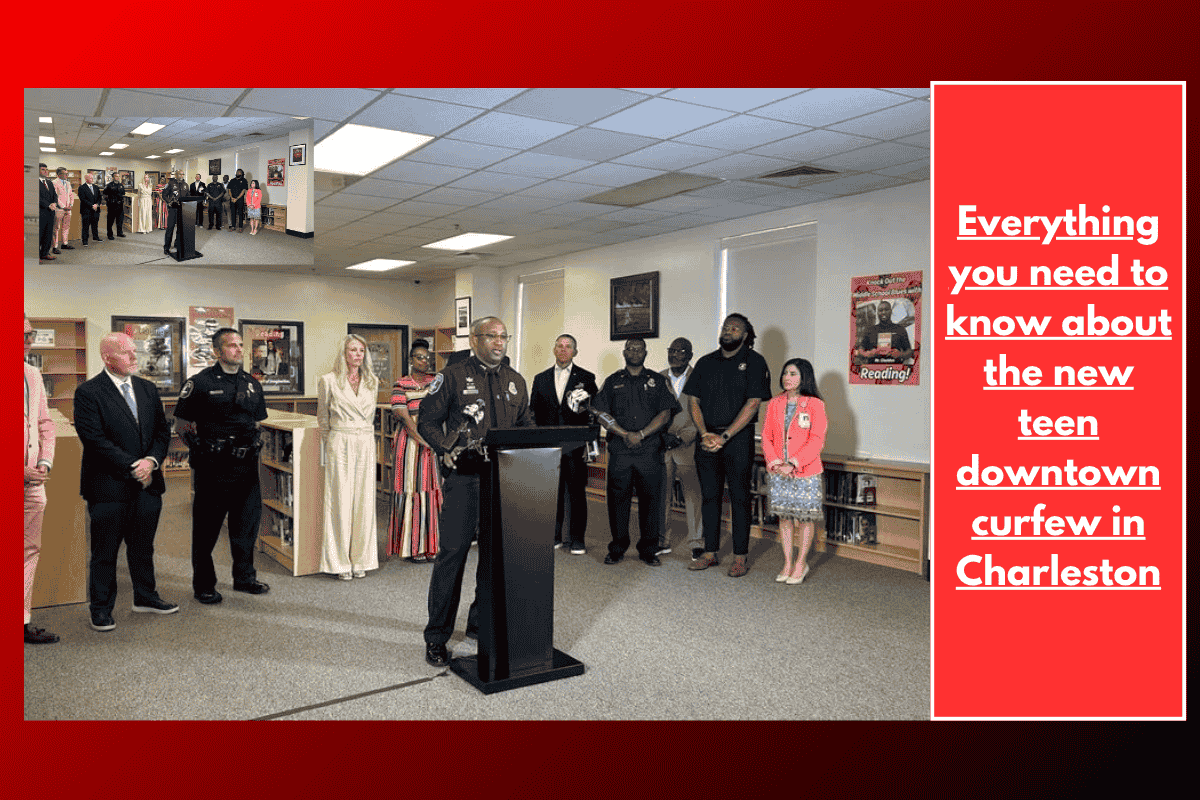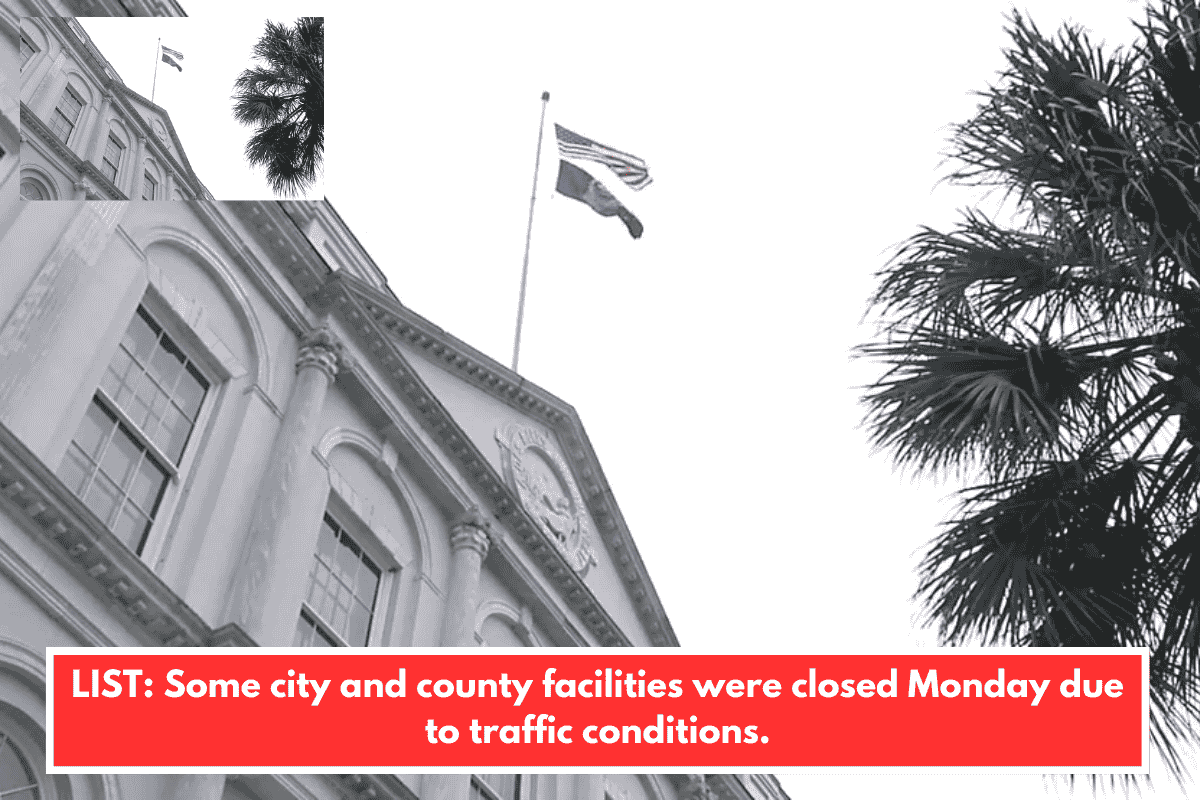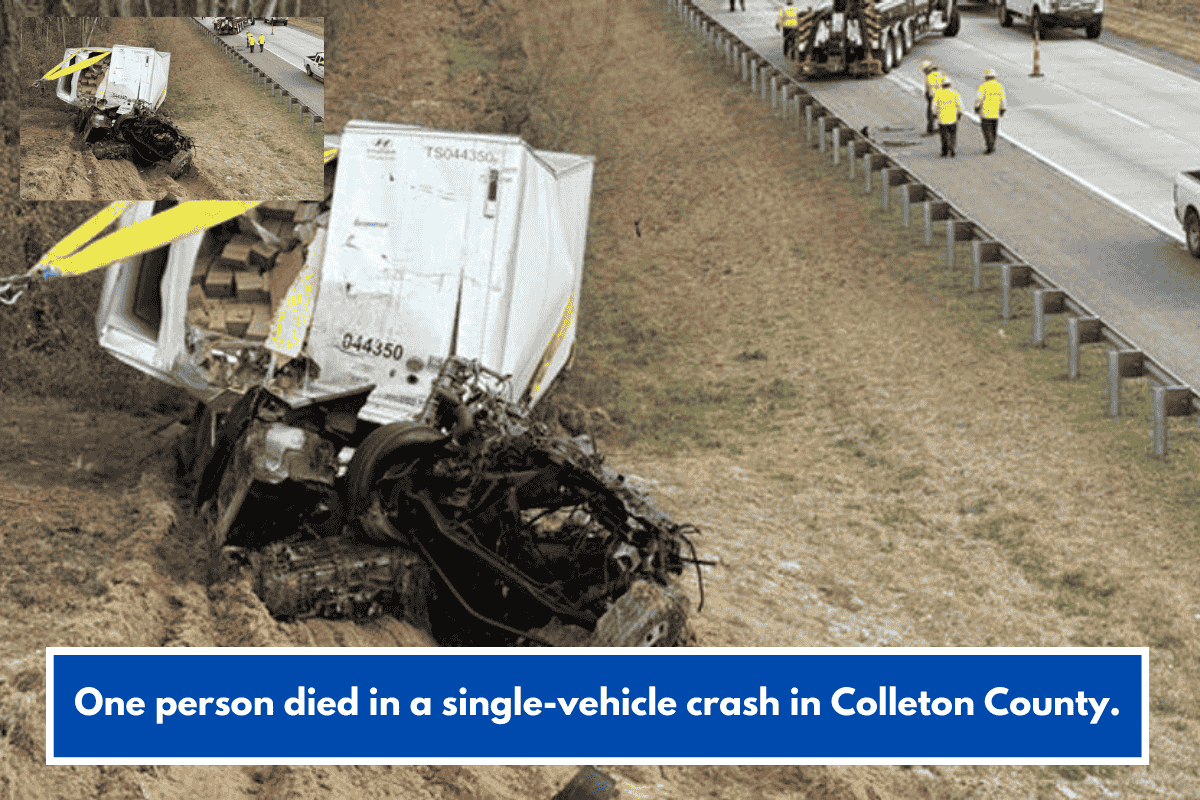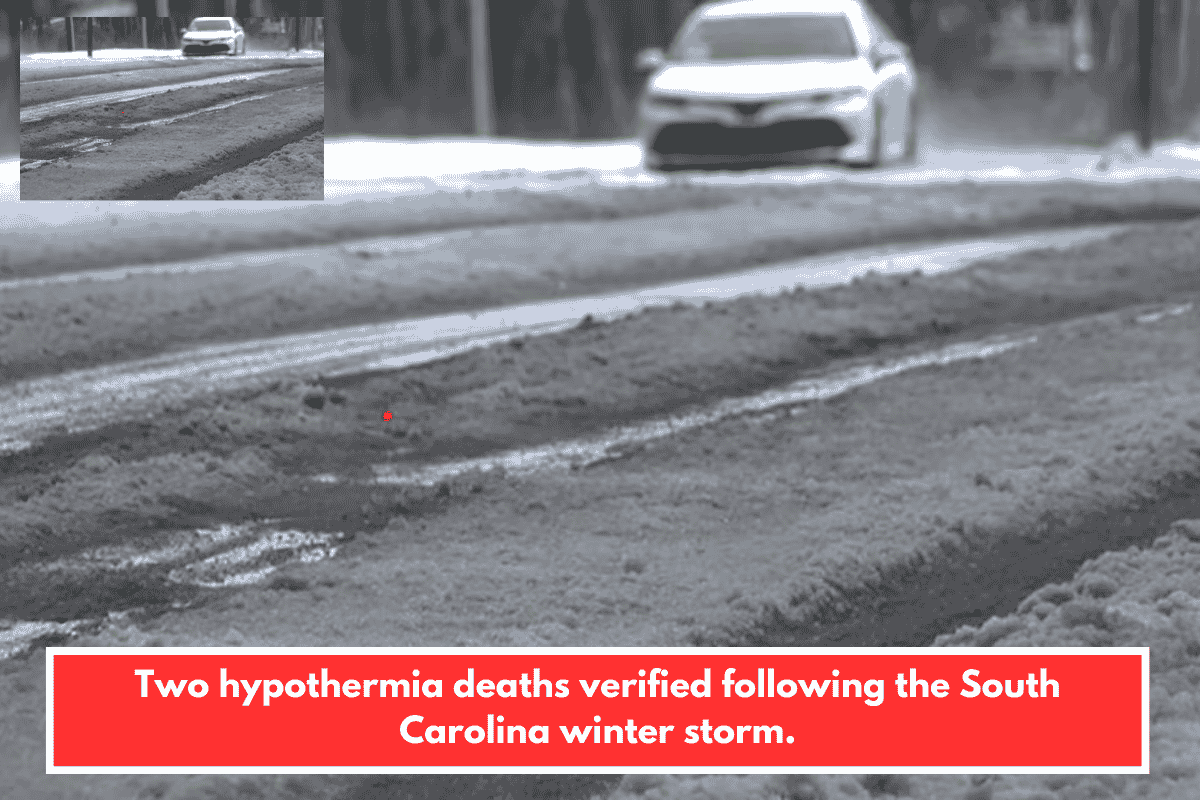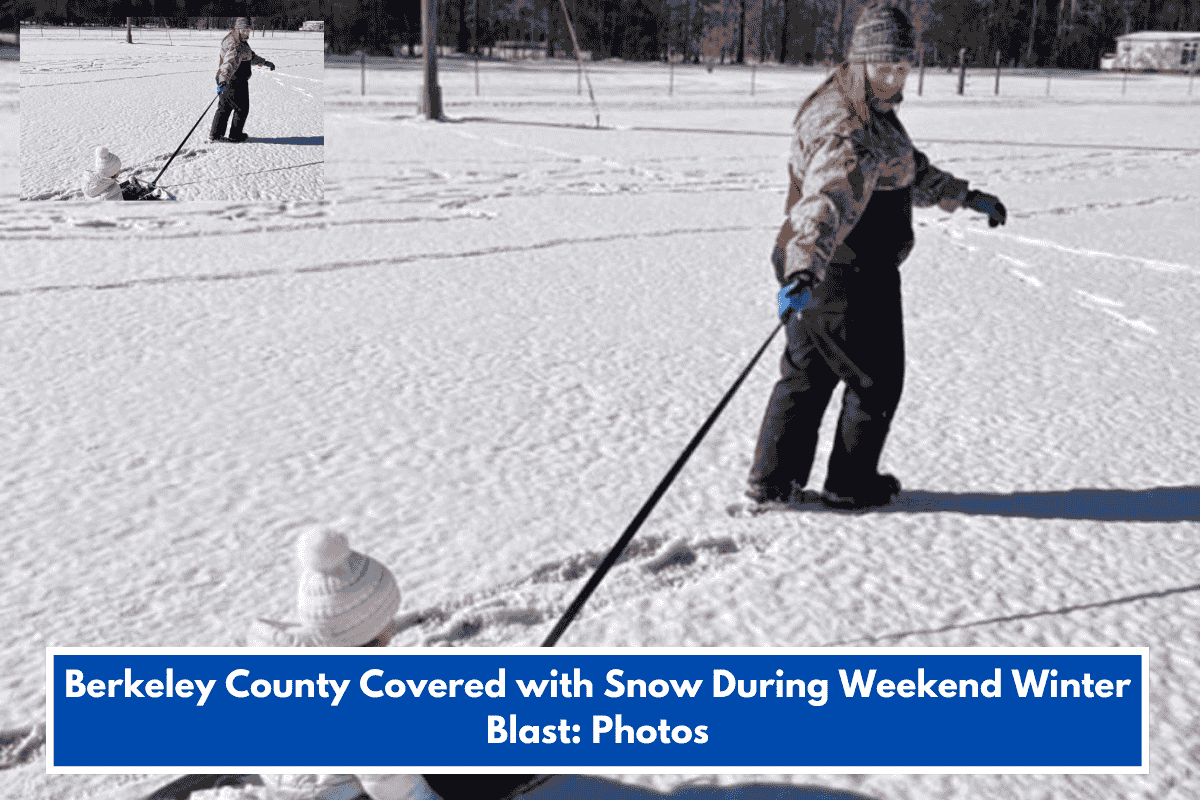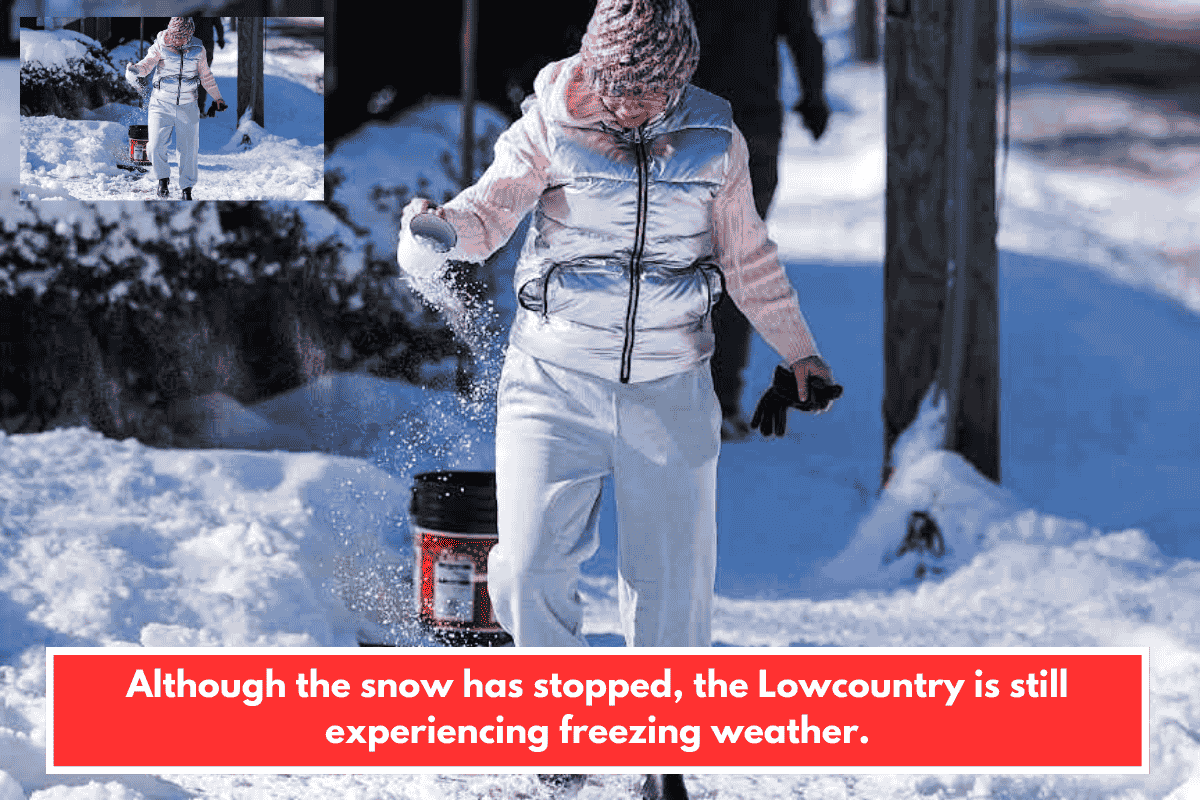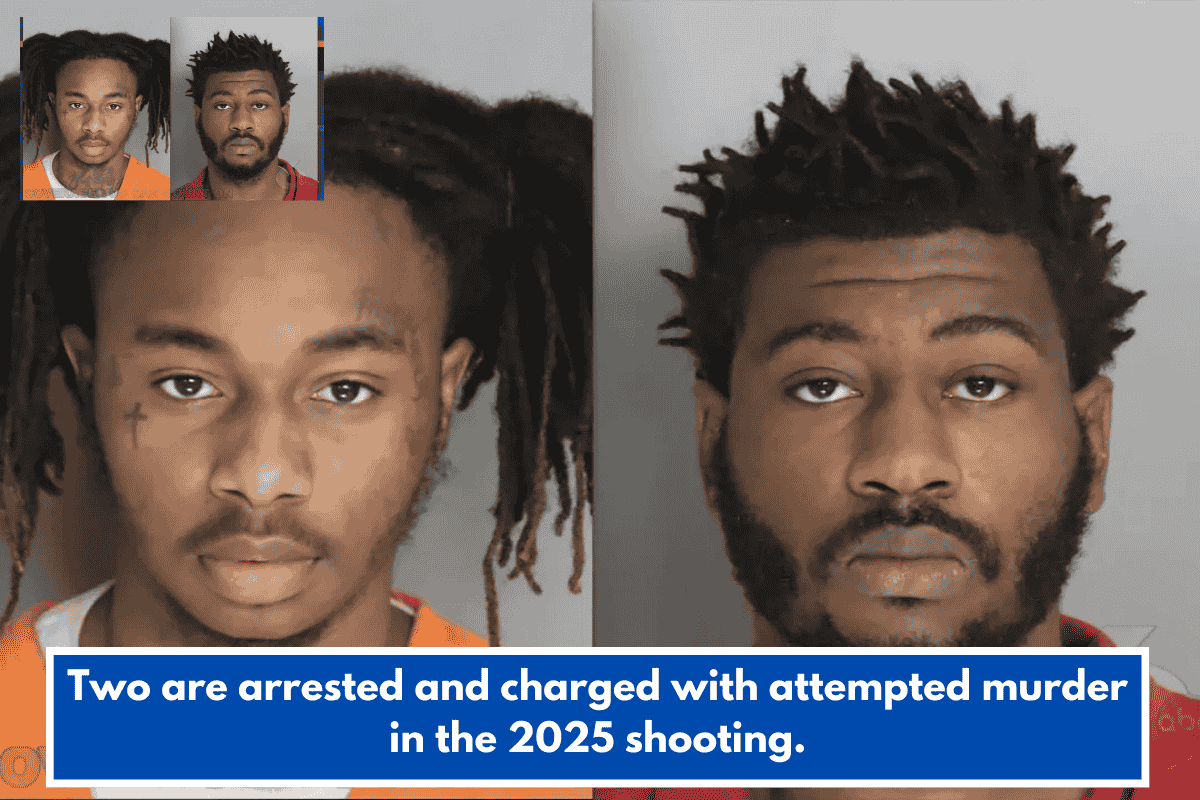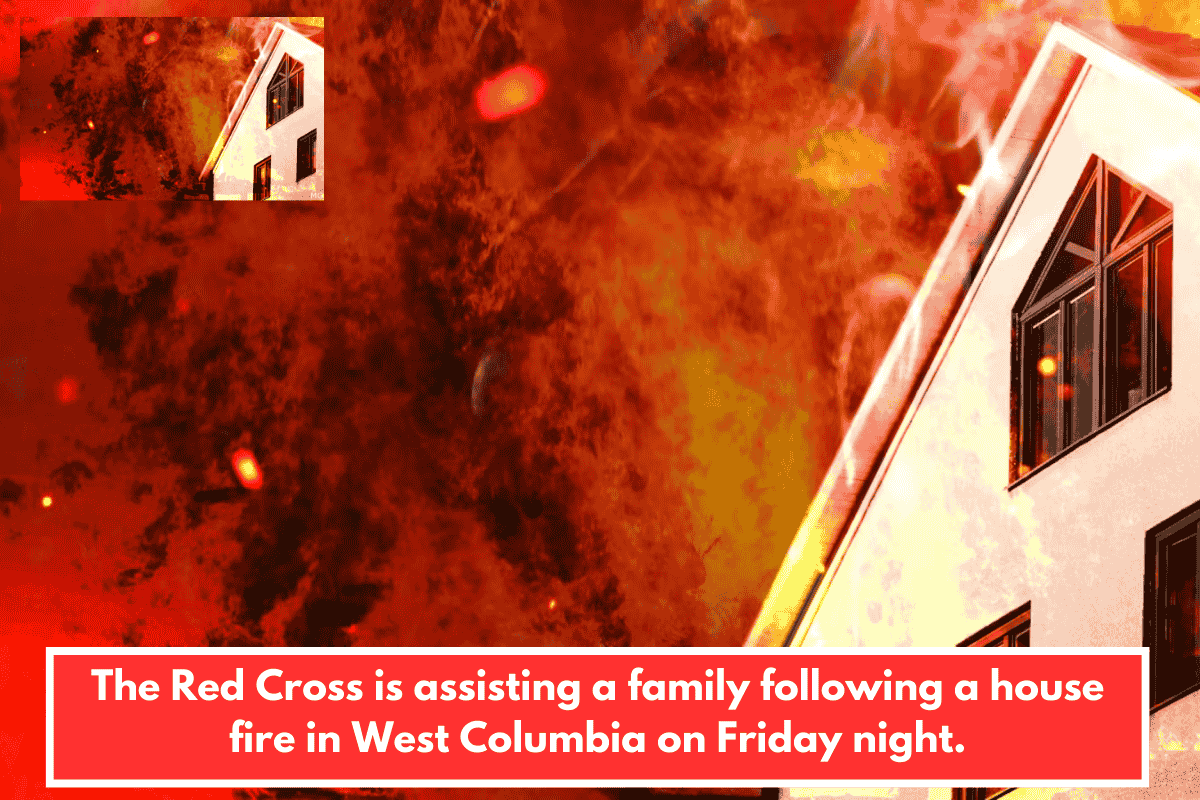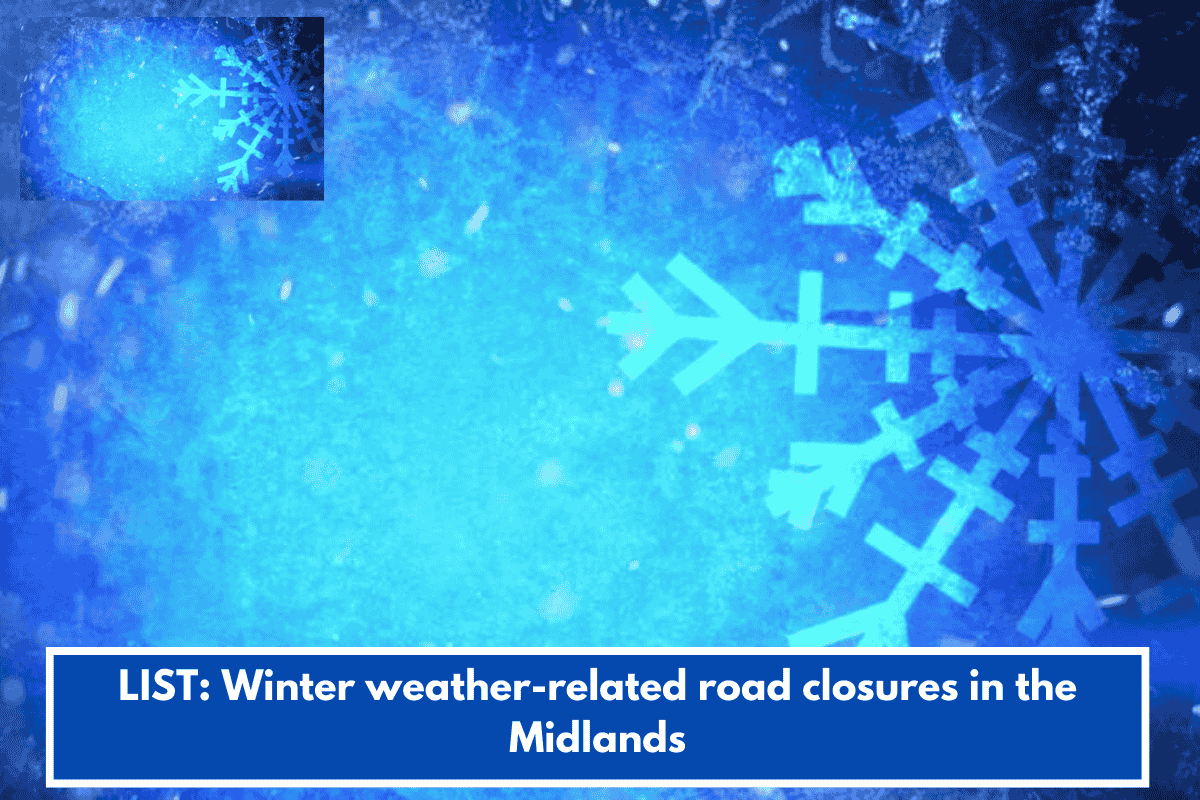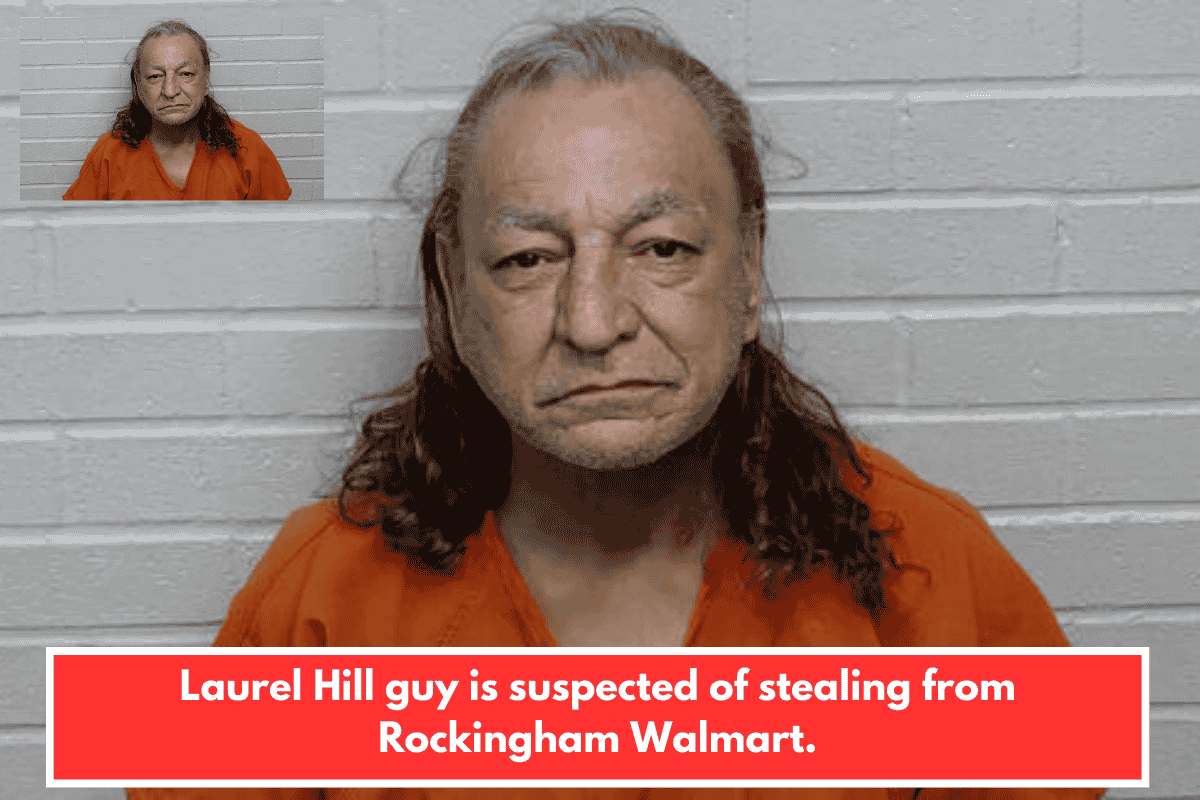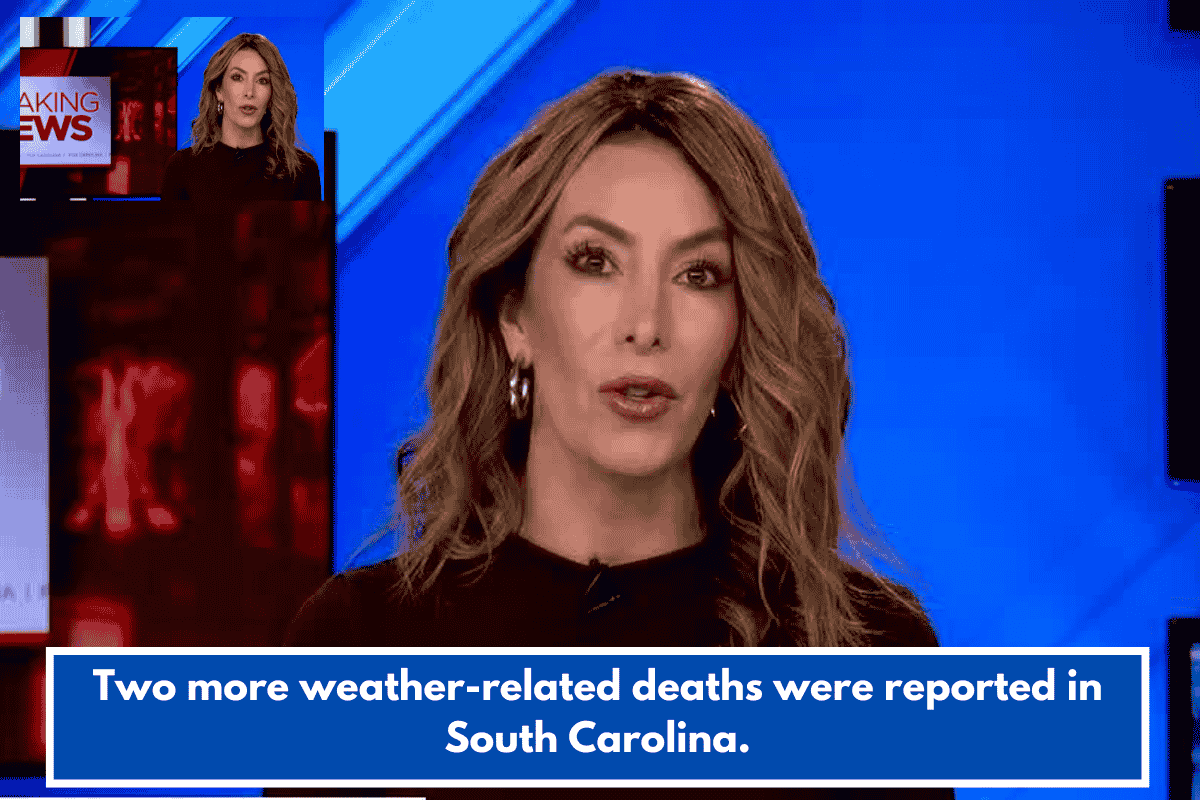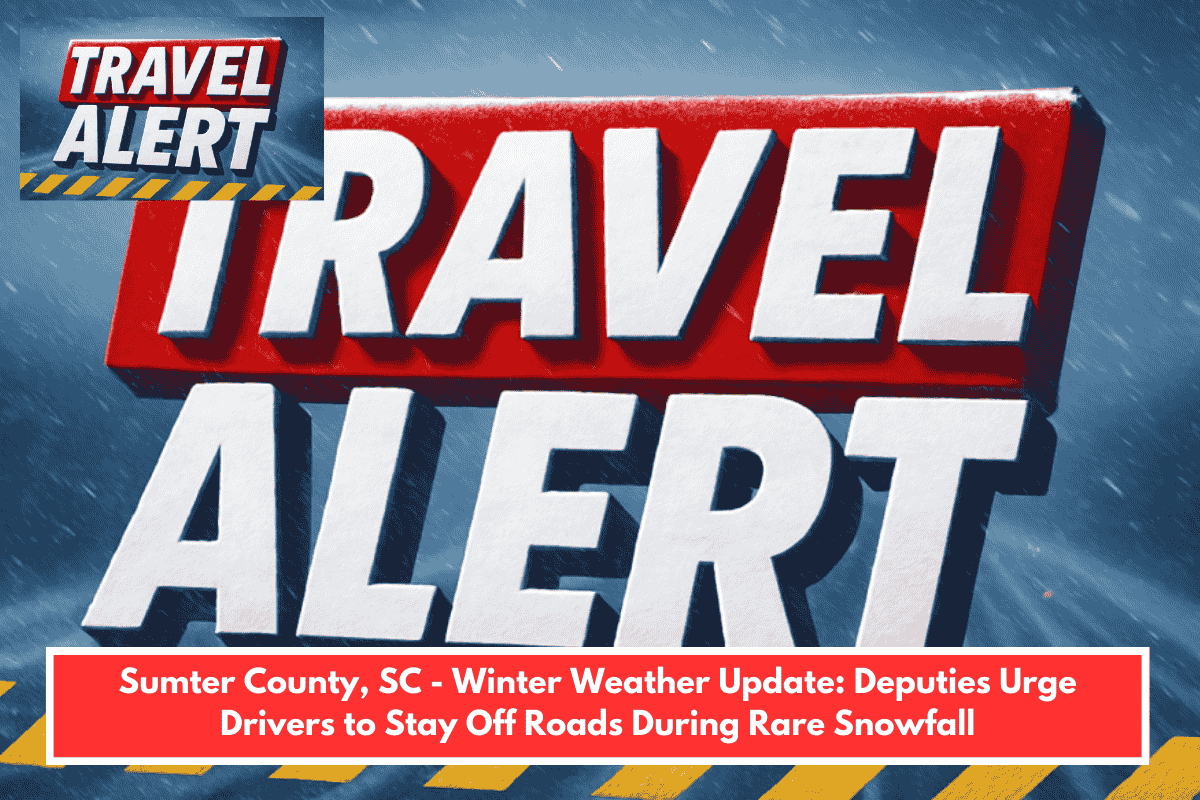CHARLESTON, S.C. — Starting this Friday, June 27, Charleston will introduce a juvenile curfew in the Central Business District for teens 17 and younger. The curfew will run from 9 p.m. to 6 a.m., aiming to reduce incidents involving minors and promote safety in the downtown area.
Key Details of the New Curfew
The curfew will apply to areas including King Street, Market Street, and East Bay Street within the Central Business District, which includes sidewalks, parking lots, and outside establishments. Teens found in these areas during curfew hours without an appropriate reason could face legal consequences.
If parents or guardians allow their child to violate the curfew, they could face up to $500 in fines or even 30 days in jail. This measure has been introduced following a series of incidents involving juveniles in the area, including assaults, thefts, and disorderly conduct.
Why the Curfew?
Charleston Police Chief Chito Walker stated that the goal of the curfew isn’t solely enforcement but to protect the community. “Our presence is not seen as enforcement, but as protection,” Walker explained. The curfew specifically targets areas where alcohol is sold, places not suitable for young people late at night.
Between January 1, 2024, and June 16, 2025, 16 juvenile arrests were made in the curfew area. These arrests involved a range of charges including assault, shoplifting, and possession of handguns. The curfew aims to reduce such incidents by limiting the hours that teens can spend in these areas.
Exceptions to the Curfew
Not all minors are subject to the curfew. The ordinance provides exceptions for:
Minors accompanied by a responsible adult (parent, guardian, etc.).
Teens traveling to or from employment or errands at a parent’s direction.
Juveniles traveling through the area on interstate travel (via motor vehicle, train, or bus).
Minors responding to emergencies, such as accidents, fires, or natural disasters.
Teens on the sidewalk next to their home.
Youth attending adult-sponsored school, religious, or civic activities.
Minors engaged in First Amendment activities, like freedom of speech, religion, or peaceful assembly.
Addressing the Root Cause: Safe Spaces for Teens
Chief Walker and others involved with the department acknowledge that while the curfew may help, there’s still a need for safe spaces for teens to gather. Jerome Smalls, developer of youth outreach for Charleston Police, pointed out the lack of options like roller rinks or teen clubs. “If we don’t create space for young people, they’re going to create their own space,” Smalls said, referring to the King Street area as an example.
In response, the Charleston Police Department is launching a pilot mentorship program called High Flyers aimed at helping youth stay engaged in positive activities. Starting small at Simmons-Pinckney Middle School, the program will focus on mentoring 5-10 students initially.
Curfew Enforcement and Future Plans
The curfew will be enforced daily from June to August, and only on Thursdays through Sundays during the non-summer months. The enforcement will be done by police officers in the designated curfew areas.
While Chief Walker admits the curfew is not a “foolproof” solution, he sees it as a necessary step to help keep Charleston’s downtown area safe for everyone, especially families. As both a public servant and a father, Walker believes this curfew is essential to tackling juvenile-related incidents and ensuring public safety.

